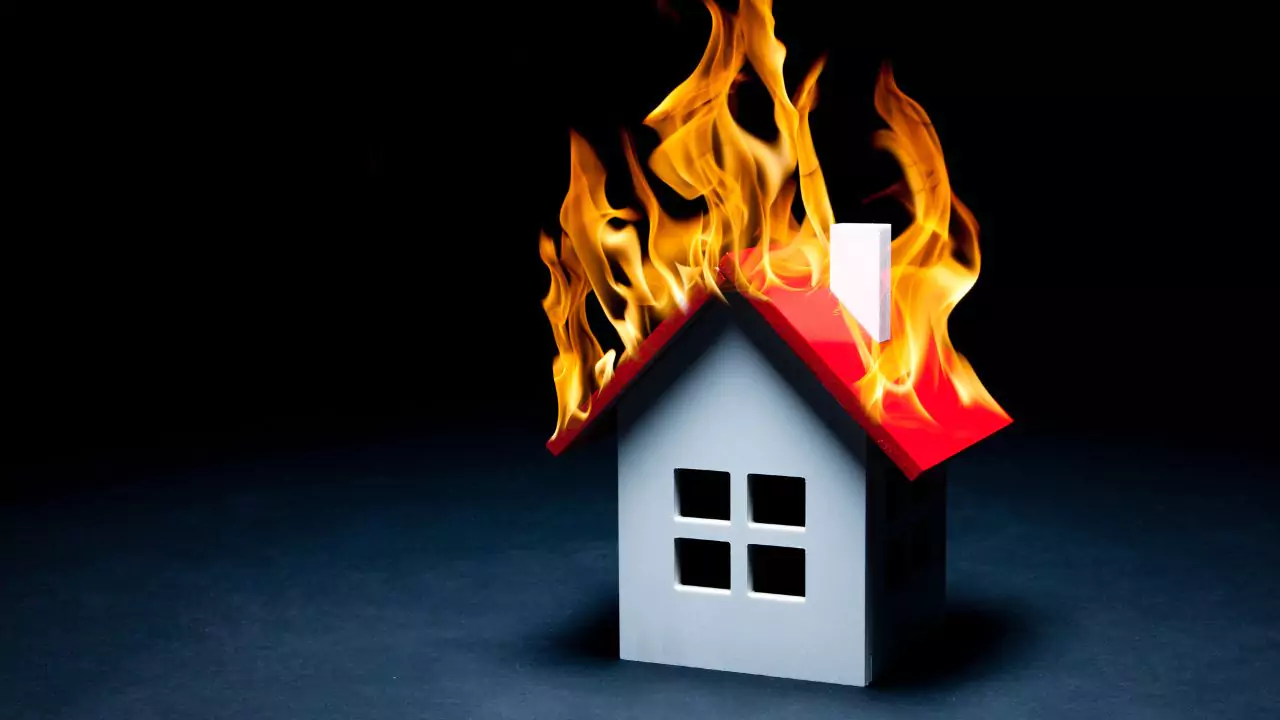If your house burns down, your homeowner’s insurance can offer a range of coverage to help you rebuild your life and replace what’s been lost. Here’s what you can expect:
Dwelling Coverage: This covers the cost of repairing or rebuilding your damaged home. The amount you receive depends on the policy limit, which should be based on the estimated rebuilding cost of your home. It’s crucial to have an accurate and updated policy to avoid underinsurance.
Personal Property Coverage: This covers the cost of replacing your belongings that were destroyed or damaged in the fire, such as furniture, appliances, electronics, clothing, and valuables. Your policy will likely have a separate limit for personal property, and it’s important to document your belongings beforehand with photos and receipts to ease the claims process.
Loss of Use Coverage: This covers additional living expenses incurred while your home is being repaired or rebuilt, such as hotel stays, temporary housing rentals, and restaurant meals. This can help maintain your standard of living while your home is uninhabitable.
Other potential coverage: Some policies may also cover additional expenses like debris removal, security for the property, and temporary storage for your belongings.
Do you need to file a police report if your house burns down?
Yes, filing a police report is crucial. Even if the cause of the fire is apparent, a formal report documents the incident and assists the insurance company in their investigation. Remember, cooperate fully with the authorities and provide them with accurate information.
Are you eligible for temporary housing assistance if your house burns down?
The majority of homes insurance policies provide compensation for temporary living expenses (TLE). This insurance coverage enables you to uphold your current level of living conditions during the process of repairing or reconstructing your residence. The coverage often encompasses the costs of lodging, meals, and any other essential expenses resulting from being displaced.
Can you claim personal injury compensation if your house burns down?
Yes, your homeowner’s insurance may cover medical expenses and lost wages if you are injured in the fire. Additionally, if someone else’s negligence caused the fire, you may be able to file a personal injury lawsuit against them. Consult with a lawyer to explore your legal options.
What are the tax implications of losing your house in a fire?
Any insurance payout you receive for the loss of your home is generally considered non-taxable income. However, if you receive compensation for personal belongings, it may be subject to capital gains tax depending on the circumstances. Consult with a tax advisor to understand your specific situation.
Do you have to pay your mortgage if your house burns down?
No, your mortgage lender will typically work with you in case of a fire. They may suspend or defer your mortgage payments while you rebuild your home. However, remember that your homeowner’s insurance will likely pay your mortgage lender directly for the reconstruction, not to you personally.
Are there any exclusions or limitations in your insurance policy if your house burns down?
Yes, every insurance policy has exclusions and limitations. These might include intentional acts, natural disasters not covered by your policy, or wear and tear. Carefully review your policy and understand what is not covered. If you have any concerns, reach out to your insurance agent for clarification.
Remember, the aftermath of a house fire is a stressful ordeal. Don’t hesitate to seek professional help from insurance adjusters, lawyers, and tax advisors to navigate the complexities and ensure you receive the full benefits you deserve. By understanding your coverage and taking the necessary steps, you can rebuild your life and move forward with hope.





